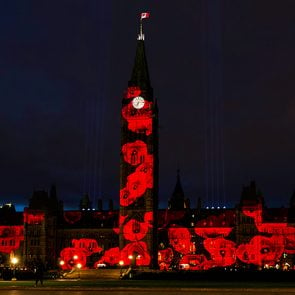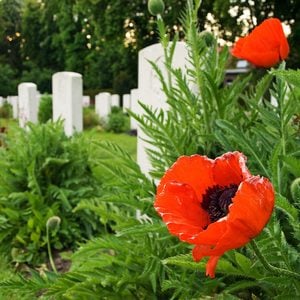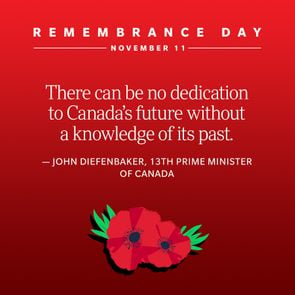Why I Had My Students Write Letters to Fallen Soldiers
Delivering messages across generations was an important mission for this school teacher.
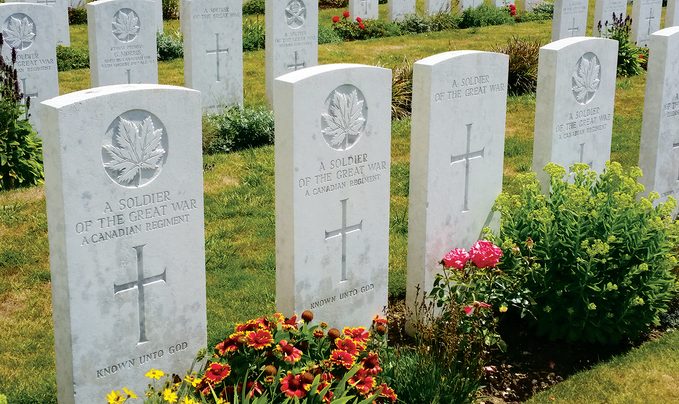
I’m a teacher and proud Canadian. My love and respect for those who sacrificed their lives in the name of freedom runs deep within me. Canada’s contributions to the First World War became a focus of mine in university and continues to be a highlight in my classroom each November as we prepare for Remembrance Day. In 2017, I had an idea to bring a message from Canada to the fallen soldiers resting in France.
In April of that year, I took the opportunity to celebrate the 100th anniversary of the Battle of Vimy Ridge with my Grade 6 students at Essex Public School. After providing some background on the war and the battle itself, I tasked the students with researching a fallen soldier who currently lies in a cemetery at the foot of Vimy Ridge.
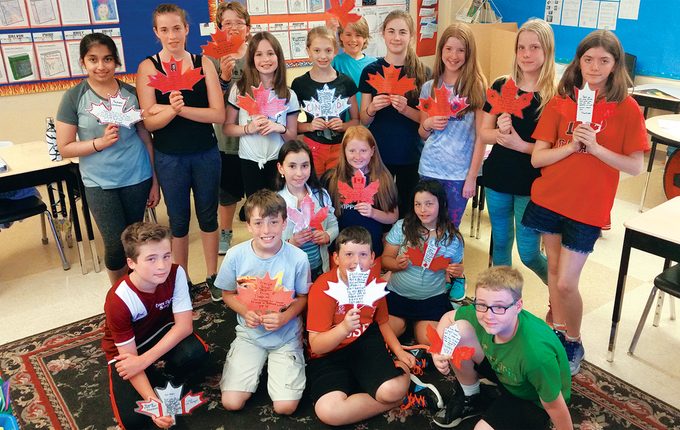
They began by searching the online registers via the Commonwealth War Graves Commission website. Once they had settled on a name, they then switched over to the National Archives of Canada website to access scanned copies of their soldiers’ military service records. It was interesting to watch the students connect with these young (and old) soldiers from a century before. Amid the tapping of keys and scratching of pencils, I’d hear them sharing tidbits about “their soldier.” For instance, we learned that Chloe’s soldier, Private Percival Moore, was the youngest among those researched at the tender age of 16; Reagan realized that Lieutenant Geoffrey May was studying law before enlisting at the age of 23; and Jenna-Ann was delighted to learn that her soldier, Private Michael Deveau, was a “fireman” prior to enlistment (whether that was of the steamship variety or the firefighting type we’re not sure).
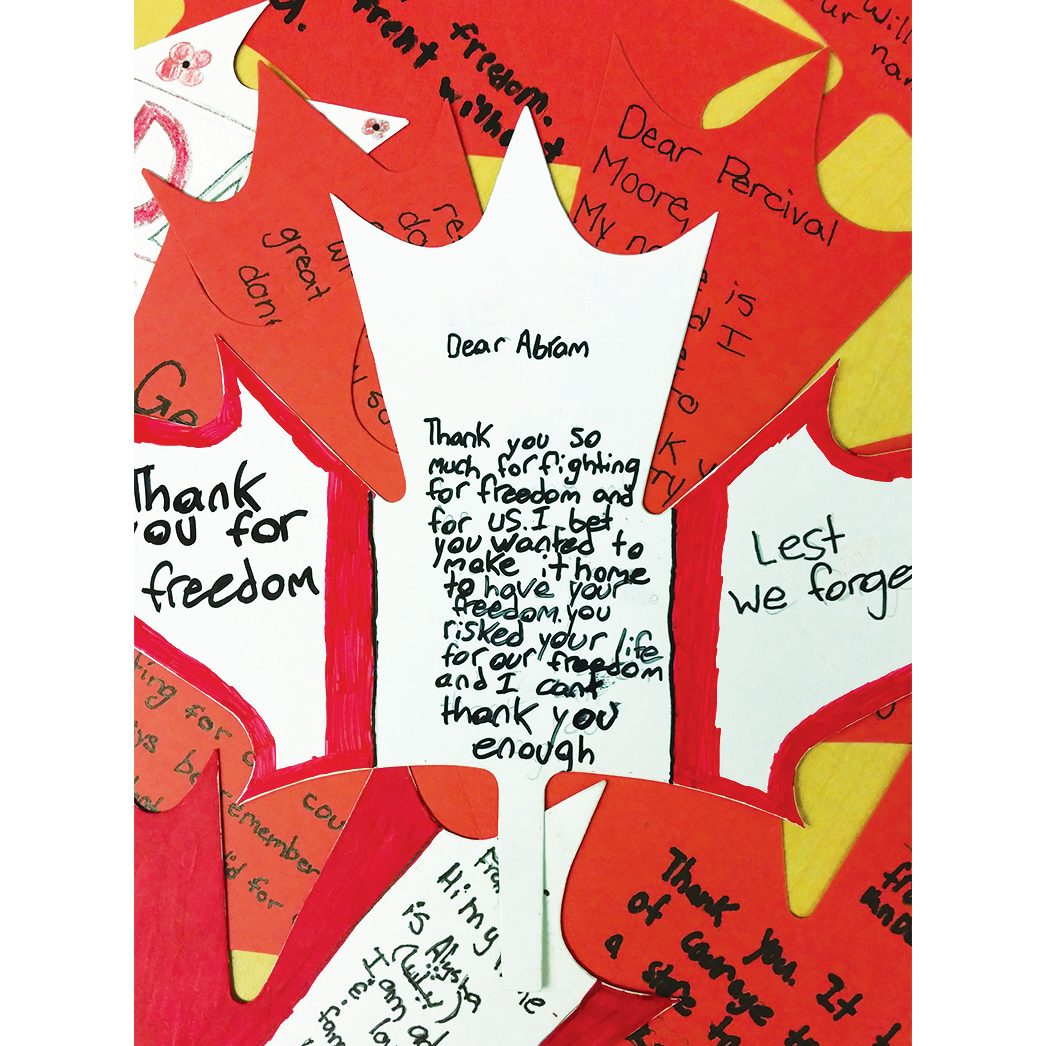
Part of the students’ task was to reflect on what learning about these men meant to them. Many expressed sadness and noted the young age of these men. Reece had this to say: “I thought doing this task was great because it connected me to someone that I never knew before. Even though I didn’t know him, I feel like I know him now.” Mack added, “I liked looking at the documents and seeing where he was from, what he did before the war, and seeing the dates of all the events.” As a teacher, these were truly rewarding reflections for me.
Once the students had gathered their information, they set about creating a tribute card in the shape of a maple leaf. On the front, they wrote a message to the fallen soldier; on the back, they signed their work and included a picture. I then had the cards laminated and packed them away in my suitcase for a long flight over the Atlantic Ocean later that summer. My brother and I had already planned a three-week trip that included a stop at Vimy Ridge. I made it my mission to deliver these messages from the younger generation to the graves of these fallen men.
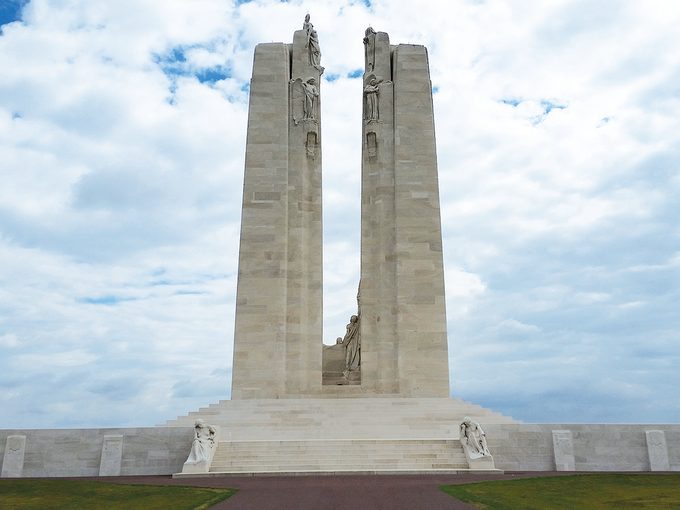
Fast forward to July and I was soon on French soil, soaking up the war history and visiting many cemeteries from both world wars. At last, we arrived at Vimy. We visited the monument immediately and took time to reflect. My great-great-grandfather’s name is engraved on the wall there. Then, we made our way to Canadian Cemetery No. 2, Neuville St. Vaast, where many of the fallen from April 9, 1917, lay. Using a printed map of the cemetery, customized with the locations of the 18 graves I was to visit, I took my time placing the students’ work among the headstones. It was a roller coaster of emotion, from pride to sorrow. Before departing, I signed the cemetery guest book on behalf of my homeroom class—6M. Mission accomplished.
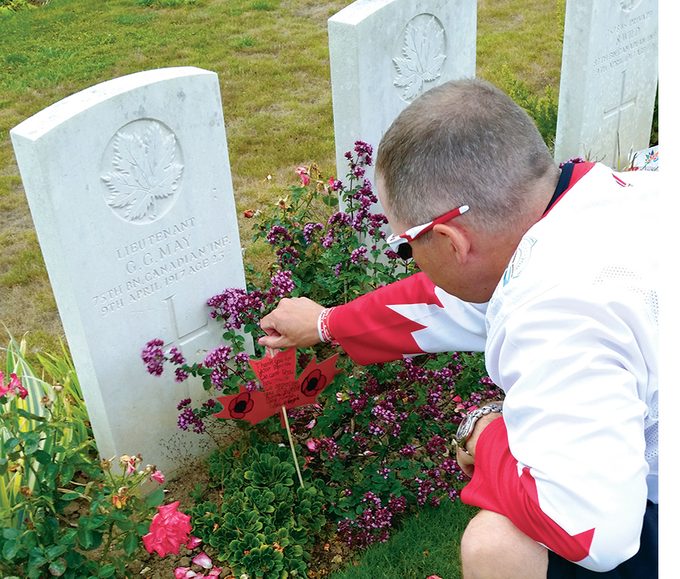
As a historian and teacher, I feel it’s important that current and future generations remain connected to the sacrifices of those who died for the very freedom we enjoy today. This trip allowed that goal to come full circle. I think Gavin summed it up best when he wrote to his soldier, “It would be amazing if I could meet you. I salute you for fighting for our freedom and giving your life to make ours better.” Lest we forget.
Don’t miss these incredible stories from Canadian veterans.
